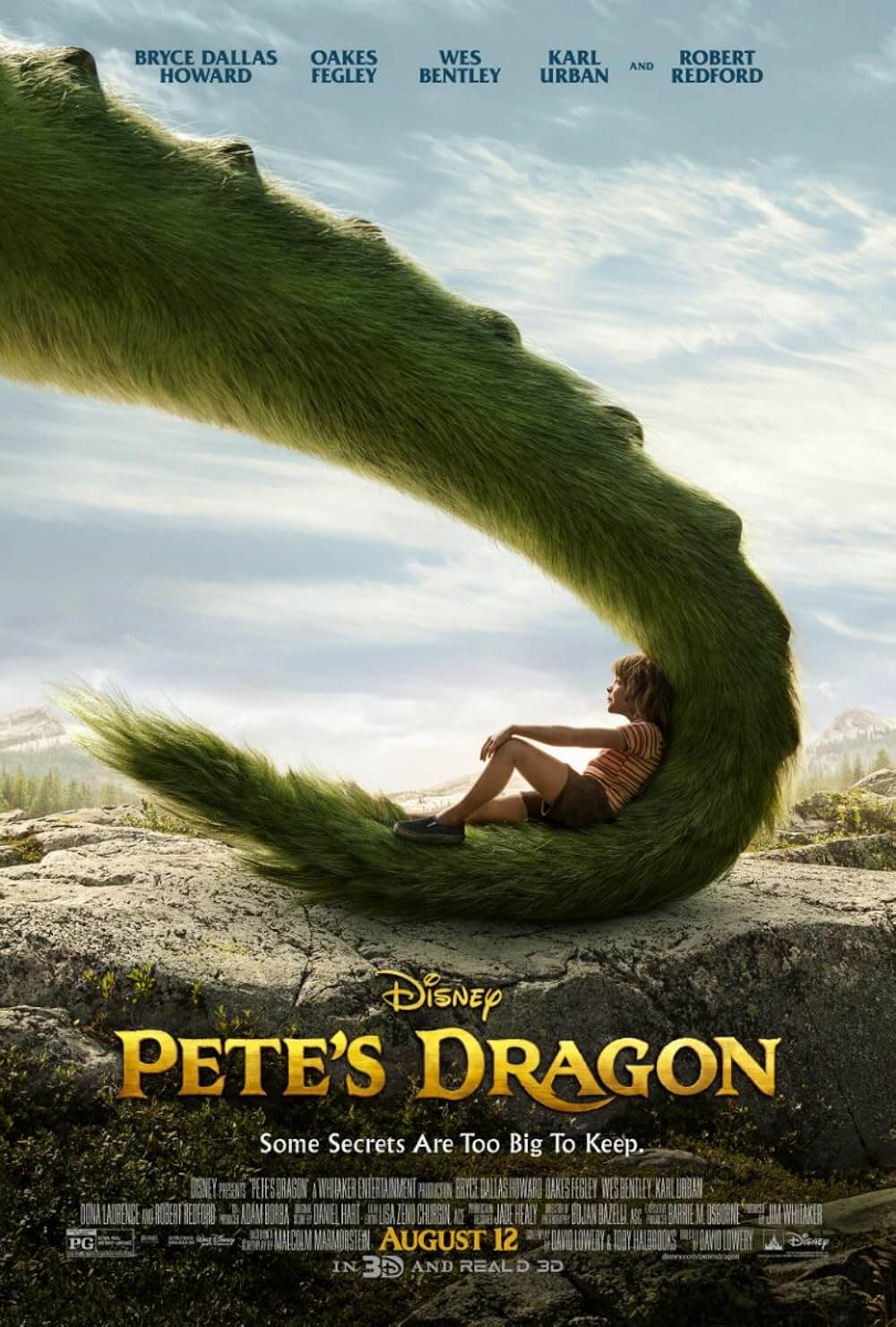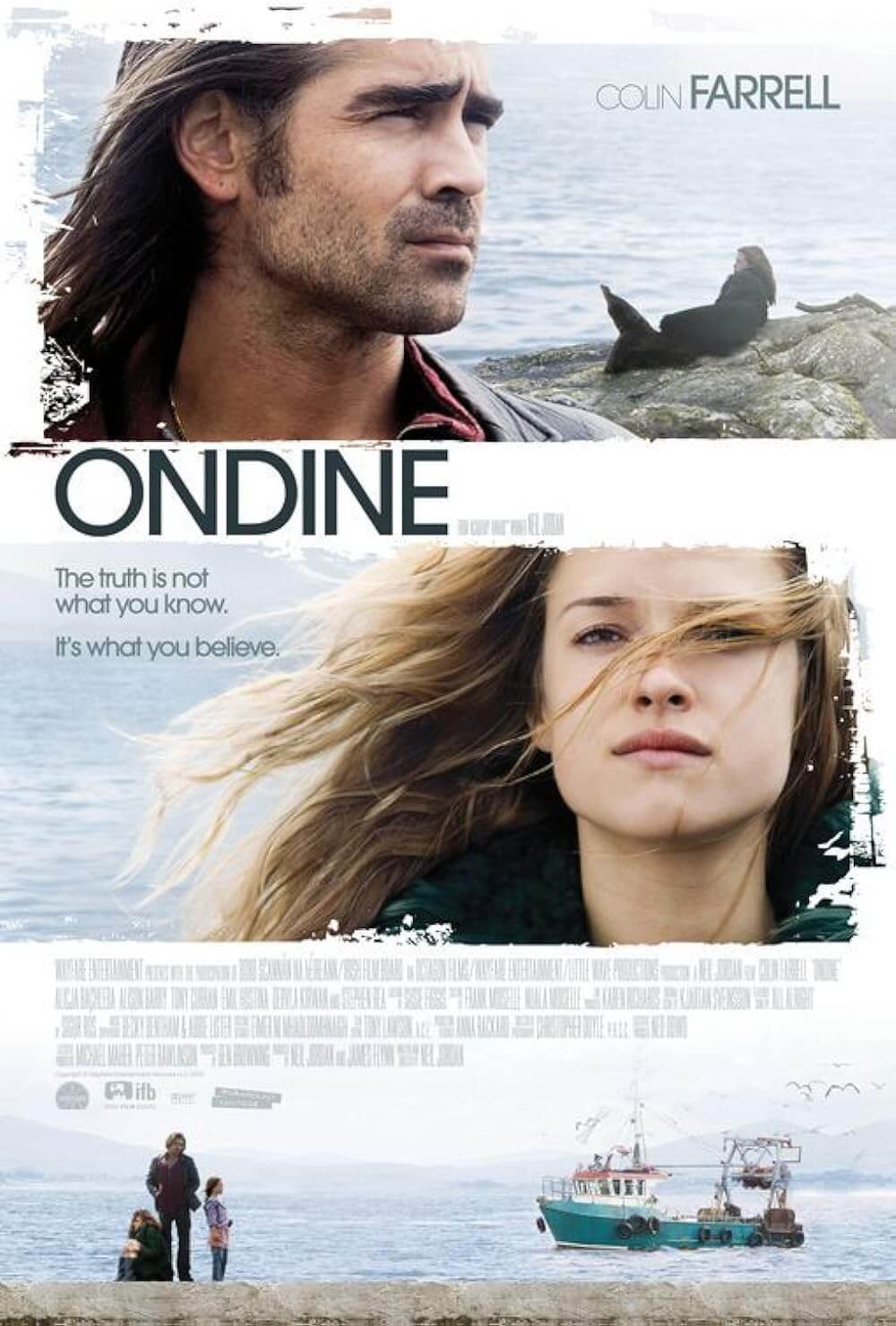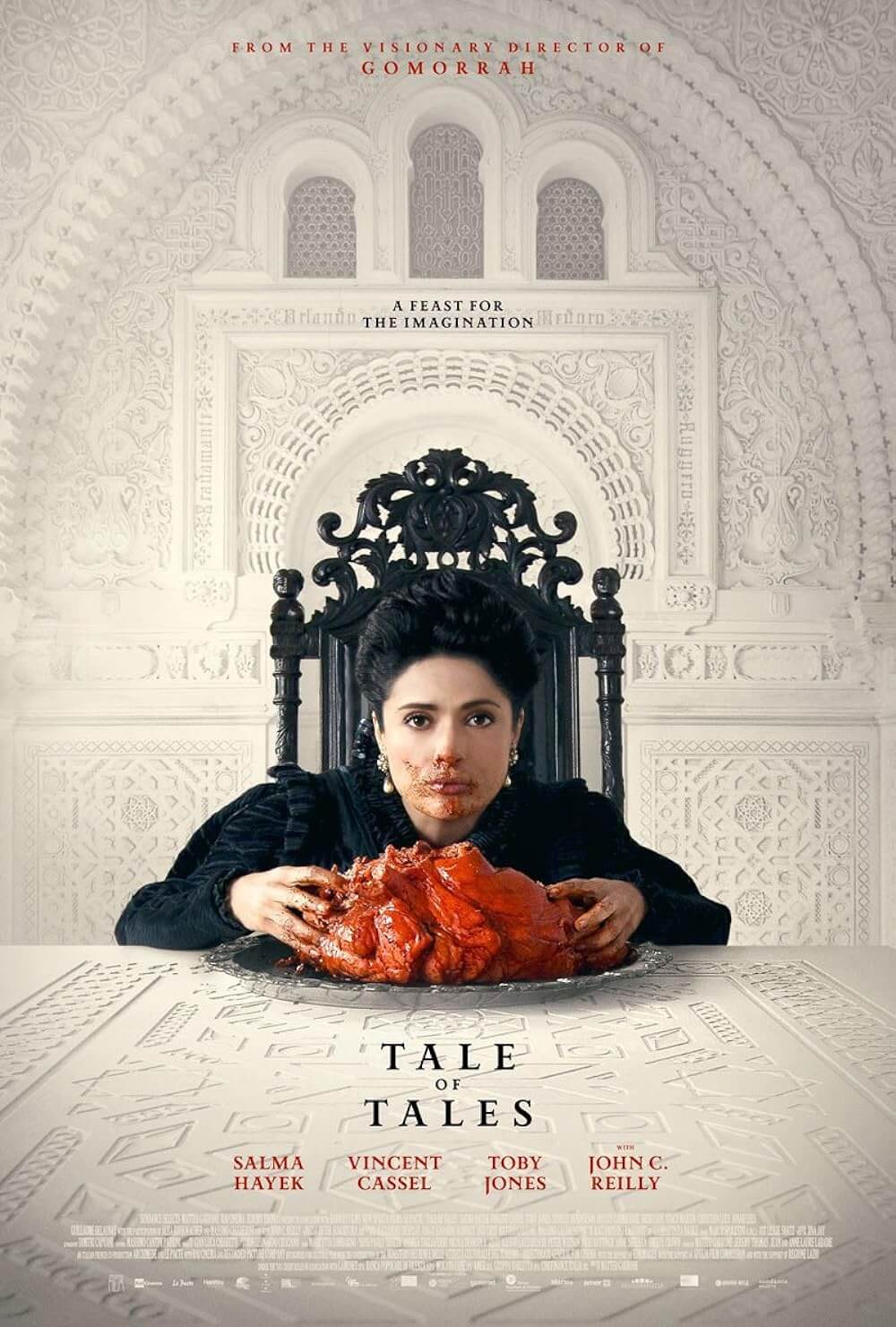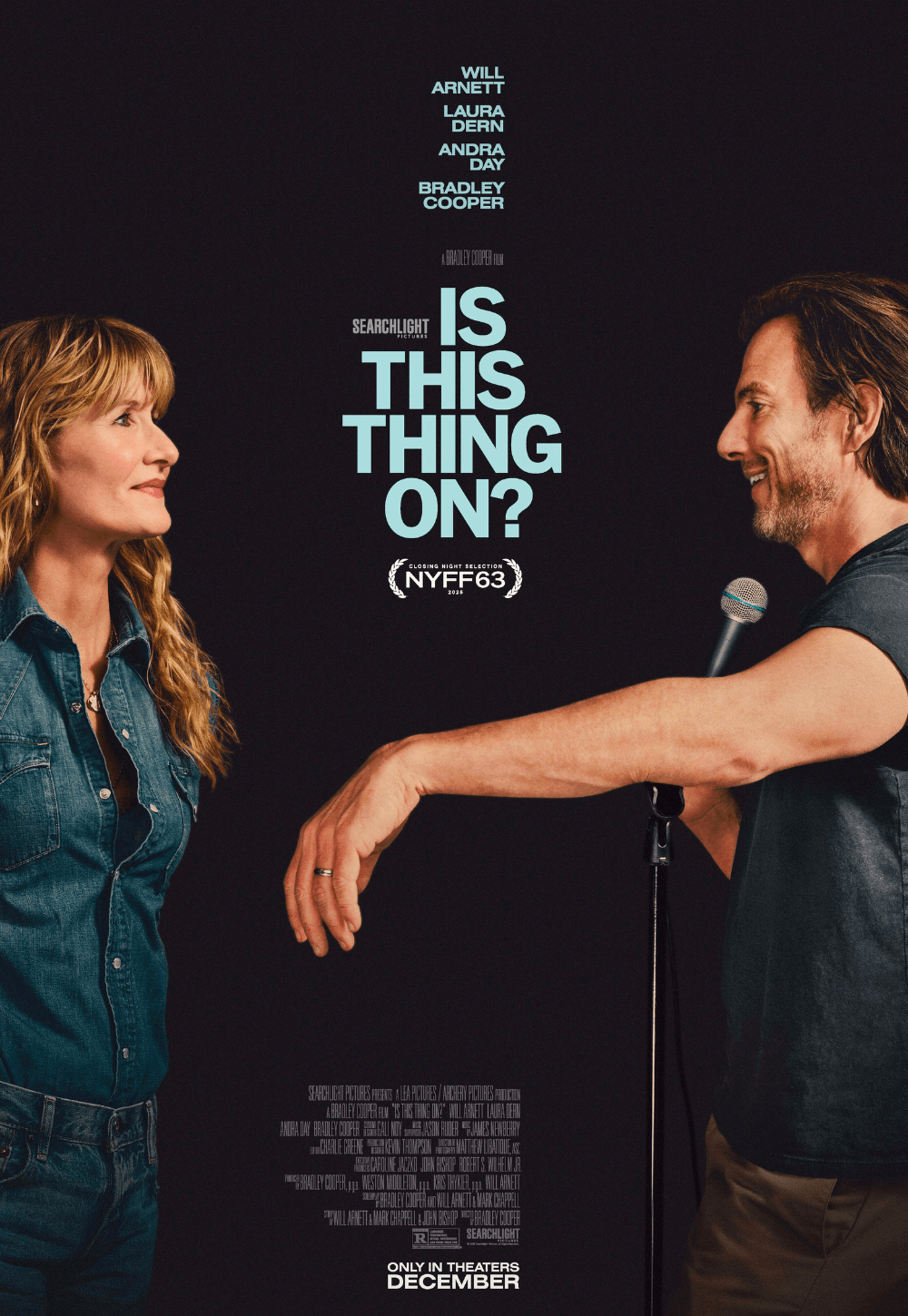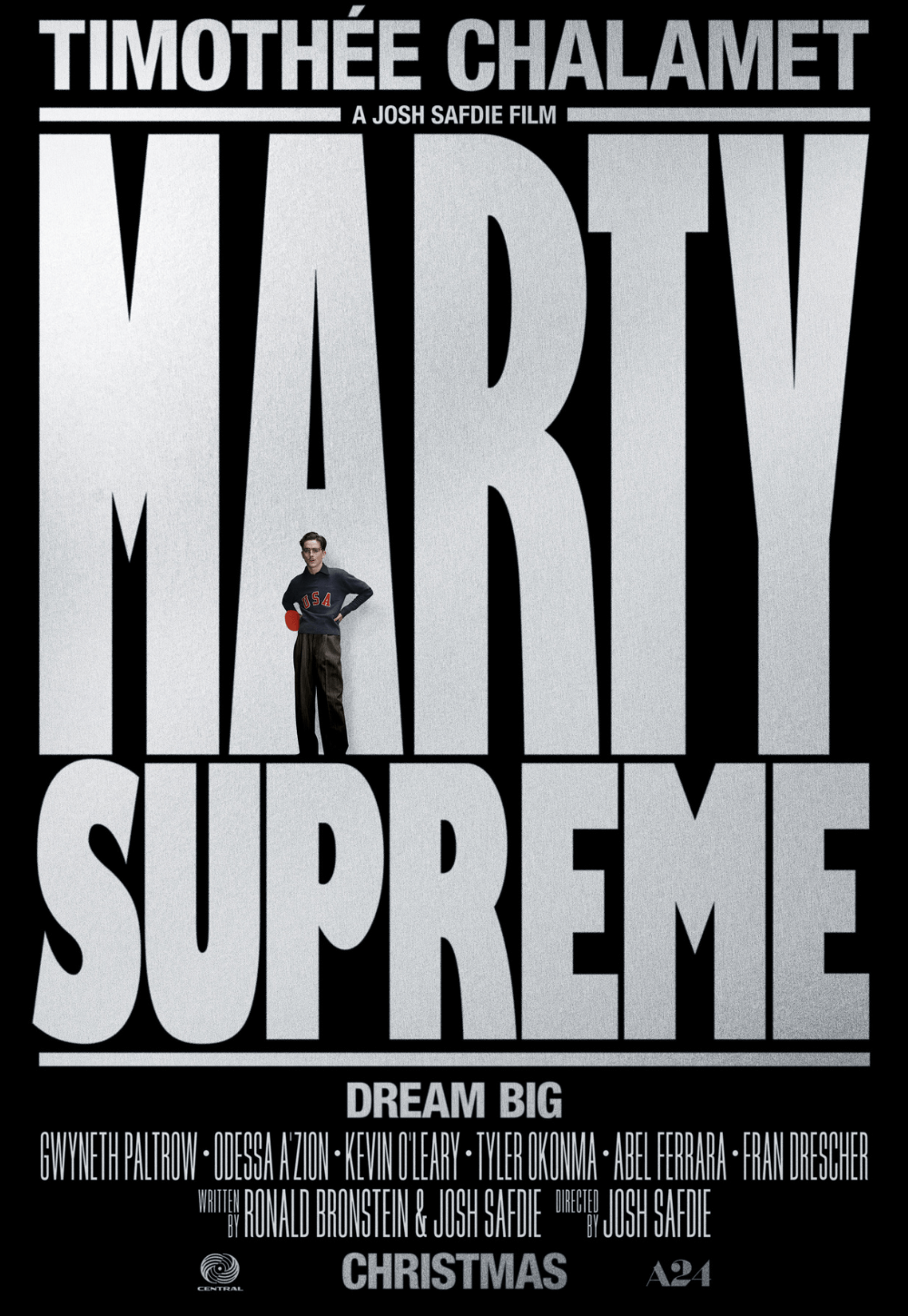Reader's Choice
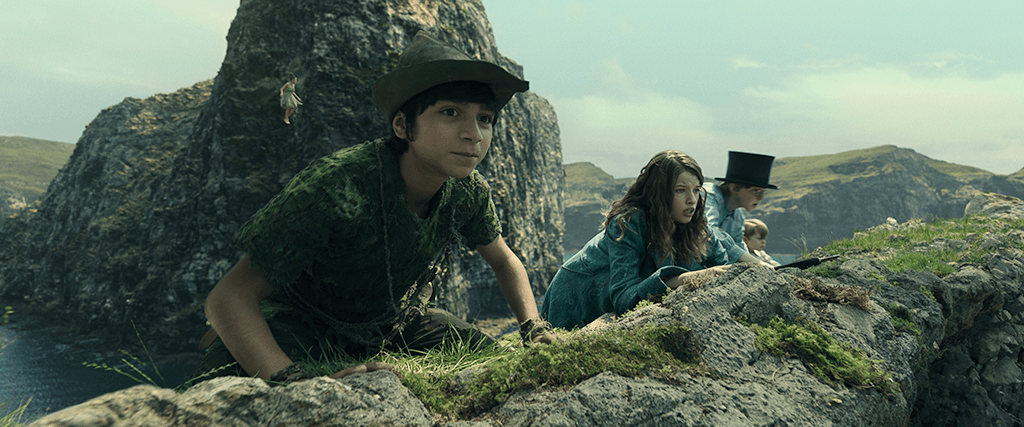
Peter Pan & Wendy
By Brian Eggert |
When Steven Spielberg’s Hook opened in 1991, critic Richard Schickel declared it “essentially dead on arrival.” Spielberg’s update of J.M. Barrie’s classic fairy tale considered what happened to Peter Pan after he left Neverland, and the events following his return. It was one of Spielberg’s worst-reviewed features. But Hook might be a forgotten masterpiece worthy of revisitation compared to David Lowery’s hollow Peter Pan & Wendy, a live-action adaptation of Barrie’s book and Disney’s 1953 animated feature. Whatever its faults, Spielberg’s film had a heartbeat and revisionist spirit. By contrast, Lowery’s version is a by-the-numbers rendering captured in flat digital photography and wooden performances. Doubtless, Disney recognized the problem and resolved to save on marketing and distribution costs by dropping the title on Disney+, relegating it to the same fate as Robert Zemeckis’ abysmal Pinocchio from last year (which I couldn’t even bring myself to write about). Lowery’s take doesn’t quite reach the lows of Pinocchio, but there’s not much here besides something to keep the kids out of your hair for a couple of hours.
Actually, the result is strange since Lowery and his co-writer Toby Halbrooks were responsible for the best so-called live-action update of a Disney classic so far—2016’s Pete’s Dragon, which left me in a puddle of tears. Unfortunately, whatever artistry and revisionism they brought to that property was not repeated in Peter Pan & Wendy, which sometimes follows the 1953 animated version identically and at other times adheres to the book (both receive “based on” credit). Alas, Disney’s original Peter Pan has never been one of my favorites and remains primarily a historical artifact today, thanks to unfortunate songs like “What Makes the Red Man Red.” The animated Peter Pan character is also kind of a jerk, but I suppose that’s what happens when children are on their own for too long—just ask William Golding. Lowery and Halbrooks at least update the material for contemporary audiences, but their script does so in a ham-fisted, self-satisfied way that draws attention to their mild alterations.
Much like the 1953 version, Peter Pan & Wendy opens in the Darling household. The teenage Wendy (Ever Anderson) plays with her younger brother John (Joshua Pickering) and even younger brother Michael (Jacobi Jupe) in a swashbuckling bedroom adventure. Wendy will soon be leaving for school, but she doesn’t want the life her parents (Molly Parker and Alan Tudyk) have planned for her, partly because she doesn’t want to grow up or conform to the expectations for young women in Edwardian England. And so, just before bedtime, the children’s room receives a visit from Peter Pan (Alexander Molony) and his bell-voiced fairy, Tinkerbell (Yara Shahidi). In familiar images drawn from the animated iteration, Pan chases his shadow and receives a thimble “kiss” from Wendy, while Tinkerbell flutters about, replicating the gestures of her cartoon counterpart. Soon enough, Tink sprinkles some fairy dust on the children, and they’re off to the second star to the right, straight on till morning.
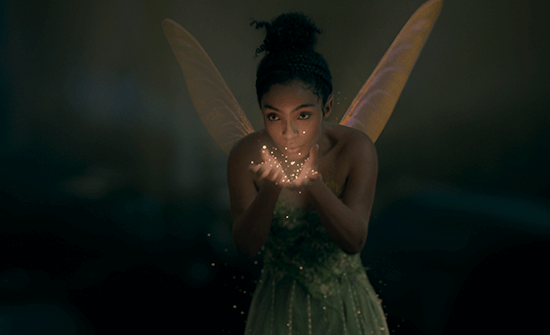 Once they arrive in Neverland, a cannonball greets them courtesy of Captain Hook (Jude Law), who, stricken with heterochromia, leads a ragtag group of pirates, including his bumbling cohort Smee (Jim Gaffigan). Gradually, the revisions to the material become more apparent. A welcome change finds Tiger Lily (Alyssa Wapanatâhk), now a warrior, riding to the rescue with the help of The Lost Boys. There’s also a backstory involving Peter Pan and Hook, meant to bring dimensionality to the villain as a former kid who grew up, was betrayed by Pan, and remains angry about it. Hook isn’t just a murderous pirate; he’s an empathetic character who lost his way. Unfortunately, the same isn’t true of Pan, whose defiant confidence doesn’t waver. Neither the film’s treatment of Pan nor Molony’s stony-faced performance endears the audience to the character. But at least Lowery critiques Pan’s often cruel and childish behavior, turning the climactic scenes into an emotional reckoning for the two longtime nemeses.
Once they arrive in Neverland, a cannonball greets them courtesy of Captain Hook (Jude Law), who, stricken with heterochromia, leads a ragtag group of pirates, including his bumbling cohort Smee (Jim Gaffigan). Gradually, the revisions to the material become more apparent. A welcome change finds Tiger Lily (Alyssa Wapanatâhk), now a warrior, riding to the rescue with the help of The Lost Boys. There’s also a backstory involving Peter Pan and Hook, meant to bring dimensionality to the villain as a former kid who grew up, was betrayed by Pan, and remains angry about it. Hook isn’t just a murderous pirate; he’s an empathetic character who lost his way. Unfortunately, the same isn’t true of Pan, whose defiant confidence doesn’t waver. Neither the film’s treatment of Pan nor Molony’s stony-faced performance endears the audience to the character. But at least Lowery critiques Pan’s often cruel and childish behavior, turning the climactic scenes into an emotional reckoning for the two longtime nemeses.
On the plus side, the filmmakers feature the welcome addition of diverse representation in Peter Pan & Wendy’s casting. Such updates make the dated material feel modern, except the film seems pleased with itself about it, going so far as to underscore the fact, as if to say, “See what we’ve done here… We’re inclusive!” When Wendy observes that girls, too, can be members of The Lost Boys, she announces, “I guess it doesn’t really matter!” Duh, Wendy. Shahidi’s arc as Tinkerbell is more subtle, but not by much. As a Black character who struggles to be heard yet essentially gives Peter Pan his power, she finally gains a voice because the white Wendy decides to listen. “Wendy, thank you for hearing me,” Tink says. Rather than emphasize their inclusionary efforts, Lowery and company would have better served their movie by not calling attention to their casting choices and just normalizing diversity (see Armando Iannucci’s The Personal History of David Copperfield). When they overstate the point, it feels like Disney patting itself on the back for its progressiveness rather than just telling a good, inclusive story.
Visually, cinematographer Bojan Bazelli uses wide-angle lenses to give everything onscreen a heightened appearance. Several scenes shot on location in British Columbia look inspired and capture the spirit of adventure in Barrie’s text, offering a few notes of tangibility amid the production’s otherwise digital sheen. But these moments are few. Like most of Disney’s remakes of their animated intellectual properties, the production exchanges one form of animation for another, delivering a subpar CGI blob of computery children flying around green-screen skies and doing battle on Captain Hook’s artificial pirate ship. There’s no magic to be seen, only weightless and empty graphics that few of the actors (Law, Shahidi, Gaffigan) can outperform; the rest never manage to overcome their non-surroundings. And while Daniel Hart’s score samples a few notes of “You Can Fly! You Can Fly! You Can Fly!” early in the movie, the two or three songs in Peter Pan & Wendy seem too random to call it a musical. But it’s not not a musical either.
Although he’s a noted indie darling, Lowery’s body of work has been inconsistent, amounting to that of a journeyman director who alternates between two poles: commercial products such as this and Pete’s Dragon, and A24 fare such as A Ghost Story (2017) and The Green Knight (2021). I don’t think he’s found his voice in either arena yet, given the misfires in both. However, he’s a filmmaker whose evident talent makes Peter Pan & Wendy seem like a wasted effort, eating up his time for a year or two, when he could be making something he has more control over. Then again, Disney is undoubtedly paying directors like Lowery, Barry Jenkins, Jon Favreau, and Questlove top dollar to direct the studio’s retreads, so one can hardly blame them for taking the paycheck. Still, when the result is something as spiritless as this—which will probably amount to background noise for you and forgettable filler for your children, and will certainly be forgotten on the Disney+ servers in a month—you have to wonder whether it’s worth it.
(Note: This review was originally suggested and posted to Patreon on May 9, 2023.)
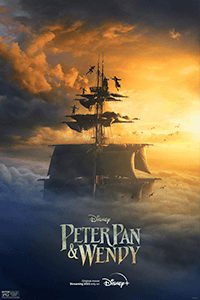
Thank You for Supporting Independent Film Criticism
If the work on DFR has added something meaningful to your love of movies, please consider supporting it.
Here are a few ways to show your support: make a one-time donation, join DFR’s Patreon for access to exclusive writing, or show your support in other ways.
Your contribution helps keep this site running independently. However you choose to support the site, please know that it’s appreciated.
Thank you for reading, and for making this work possible.
Brian Eggert | Critic, Founder
Deep Focus Review


